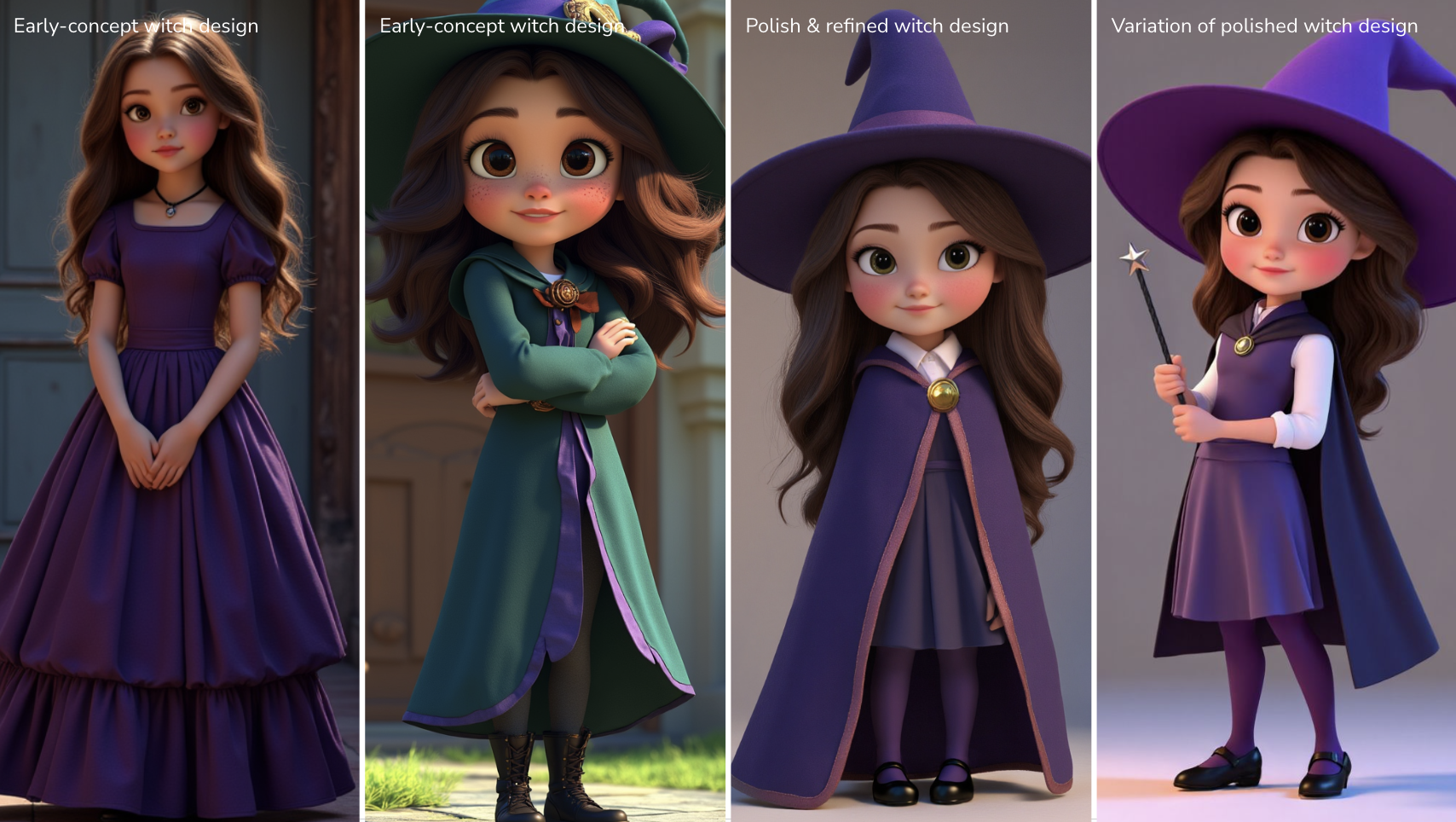FCC overstepped bounds in broadcast flag ruling, says foundation in suit
The Electronic Frontier Foundation (EFF) joined five library associations, Public Knowledge, the Consumer Federation of America, and the Consumers Union in suing the FCC to block overbroad regulation of next-generation televisions and related devices.
"The FCC's digital broadcast television mandate is a step in the wrong direction because it would make digital television cost more and do less, undermining innovation, fair use, and competition," said Fred von Lohmann, EFF senior intellectual property attorney.
The FCC ruled on Nov. 4, 2003, that consumer devices capable of receiving broadcast digital television signals must implement content control technologies demanded by the entertainment industry to restrict consumer uses of digital television. Left unchallenged, the broadcast flag mandate would go into effect by July 1, 2005.
The lawsuit, ALA vs. FCC, was filed in the U.S. Court of Appeals in Washington, D.C. The lawsuit charges that the FCC exceeded its jurisdiction, acted in an arbitrary and capricious manner, and failed to point to substantial evidence in adopting a broadcast flag mandate.
The FCC has asked the court to put the lawsuit on hold, pending the FCC's decision on petitions to reconsider the broadcast flag mandate, although all of the petitions address unrelated matters. The coalition of organizations opposed in court the FCC's attempt to postpone the lawsuit.
For more information, please visit: http://www.eff.org/IP/Video/HDTV/ALA_v_FCC/.
Get the TV Tech Newsletter
The professional video industry's #1 source for news, trends and product and tech information. Sign up below.
